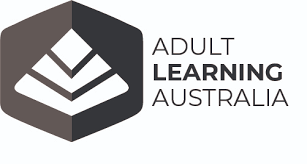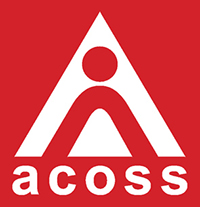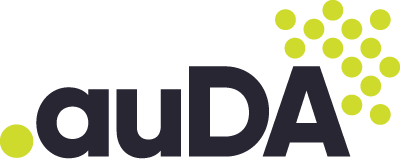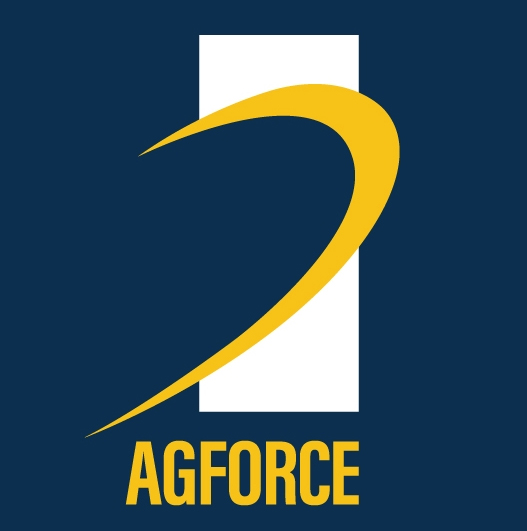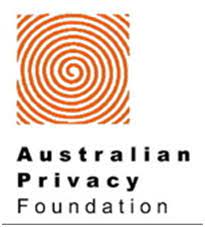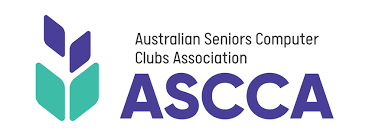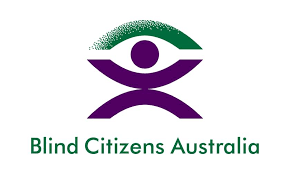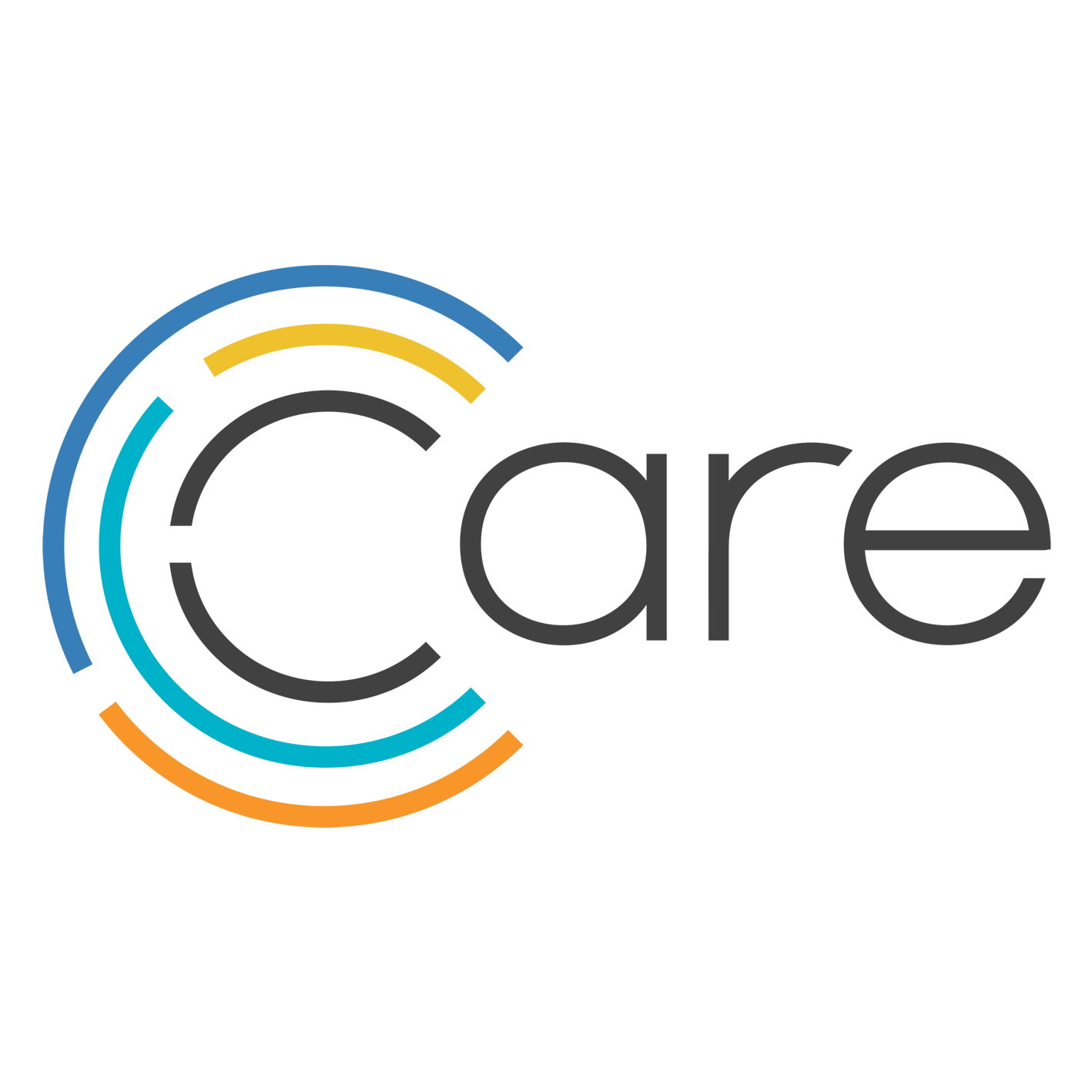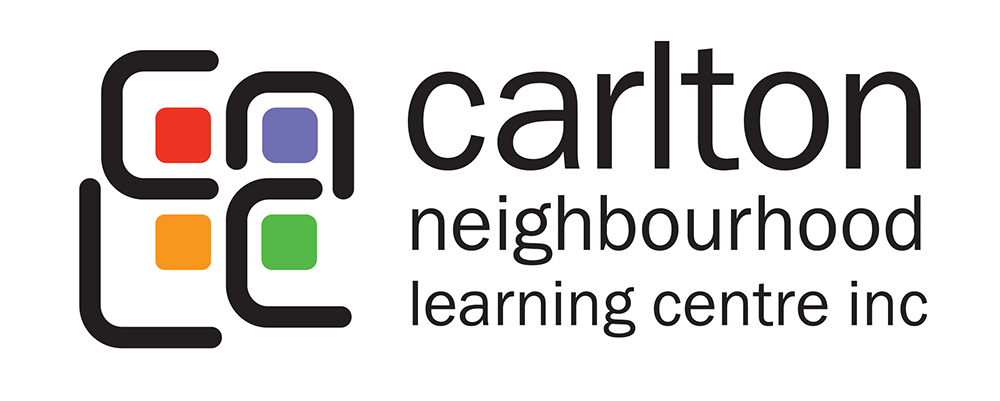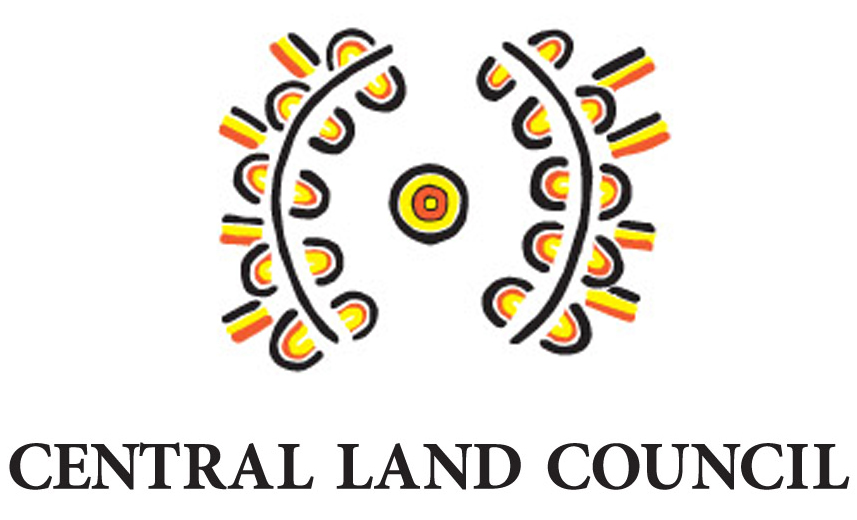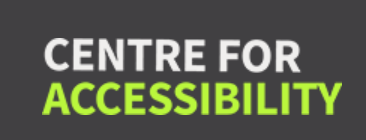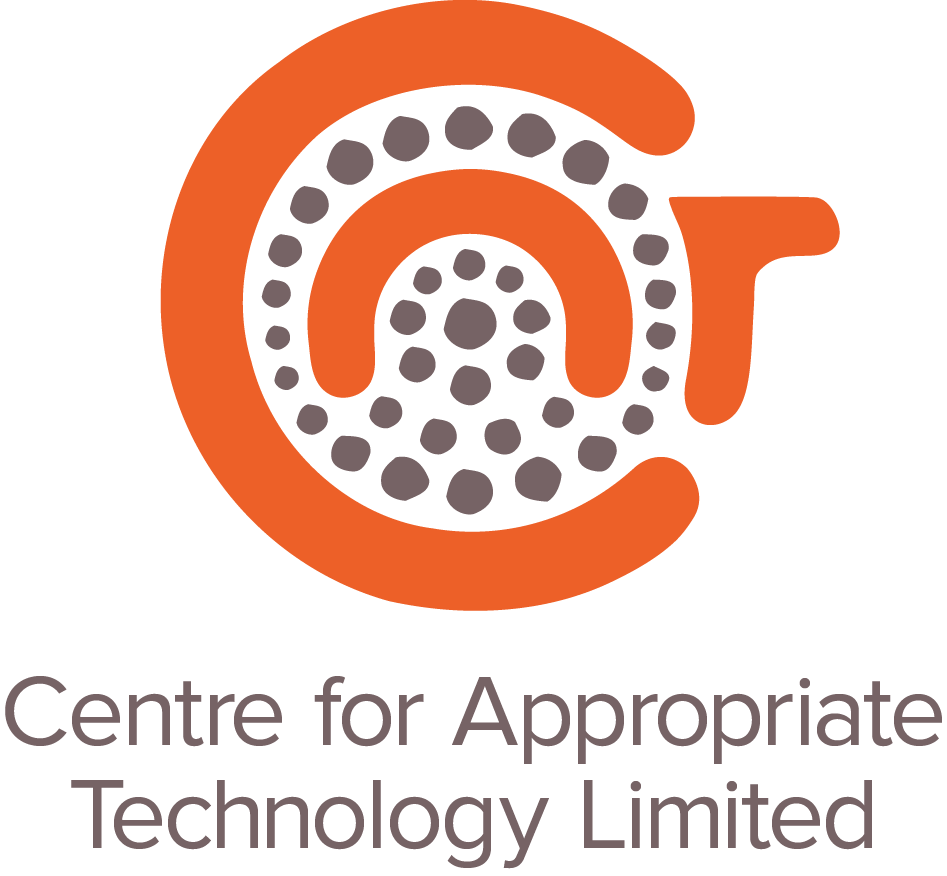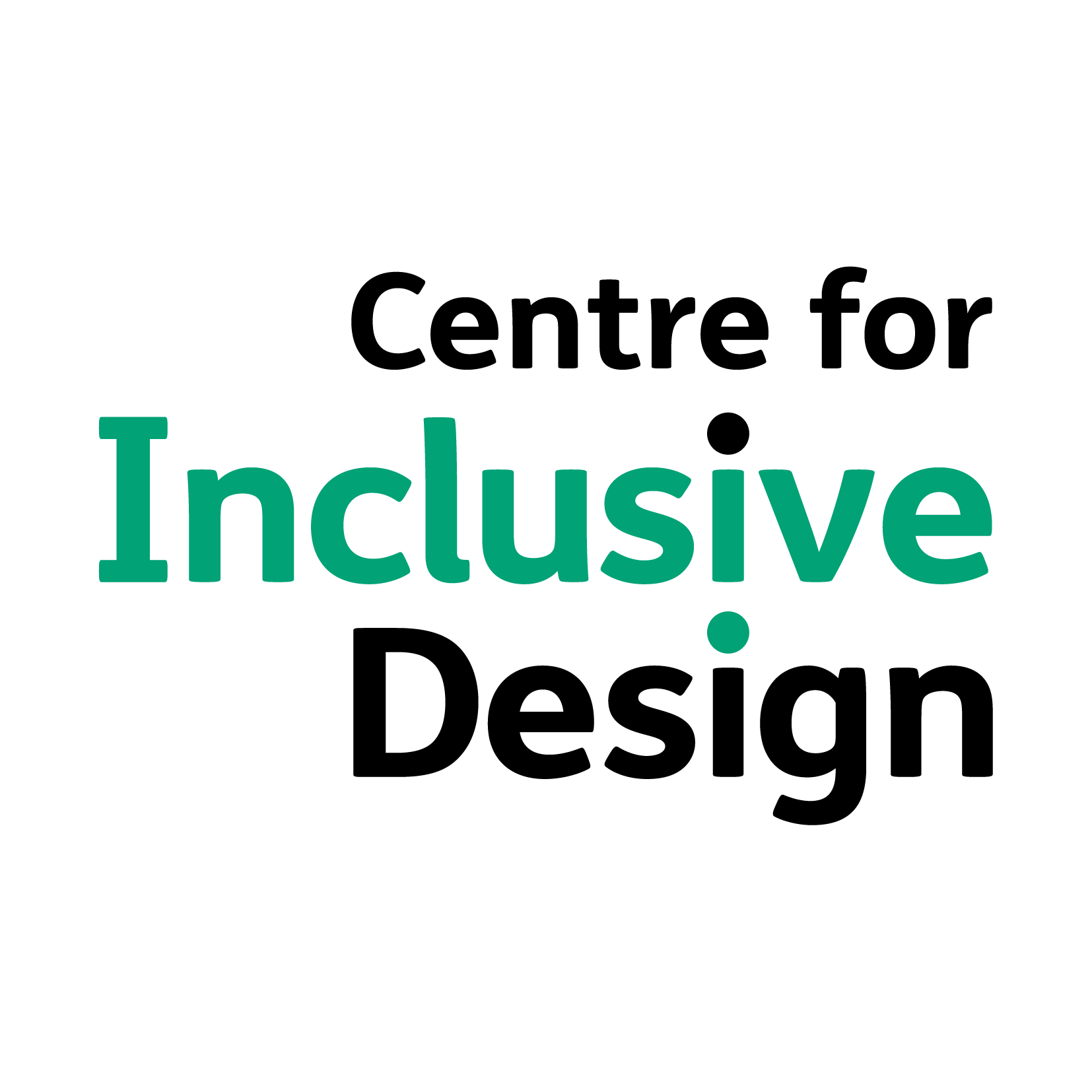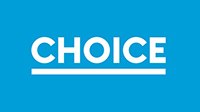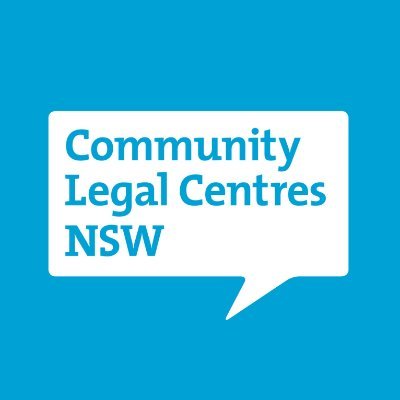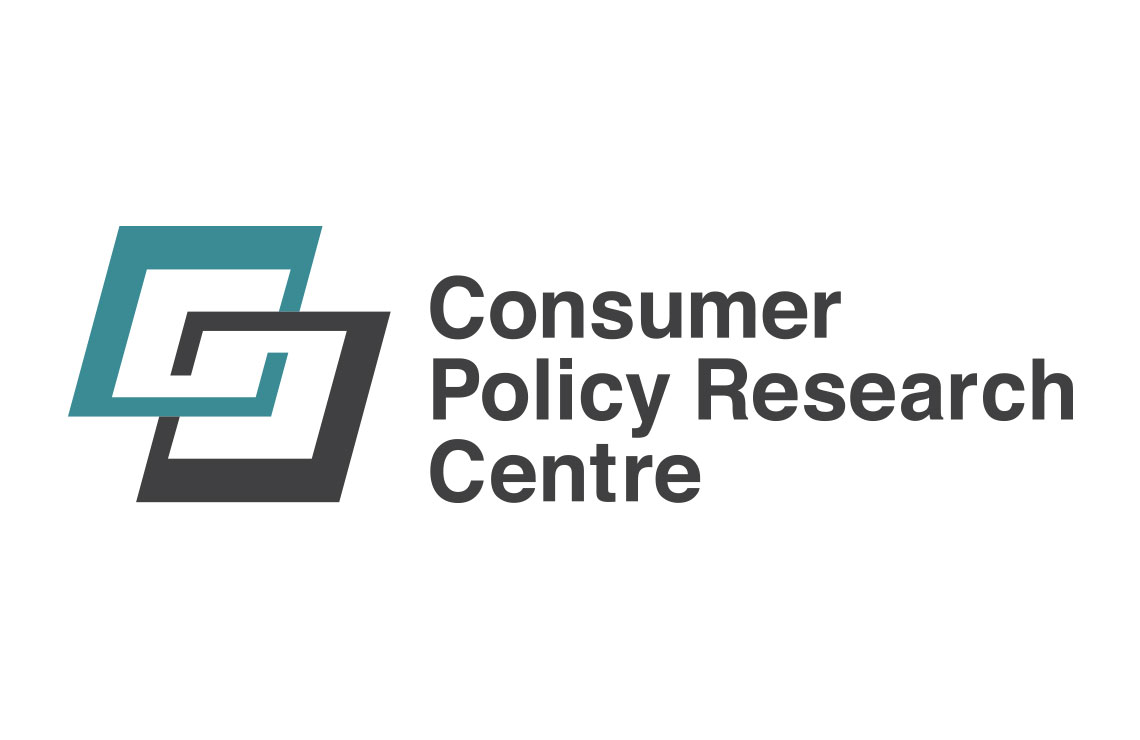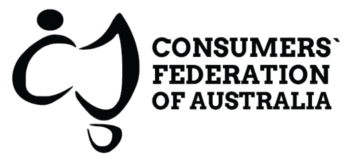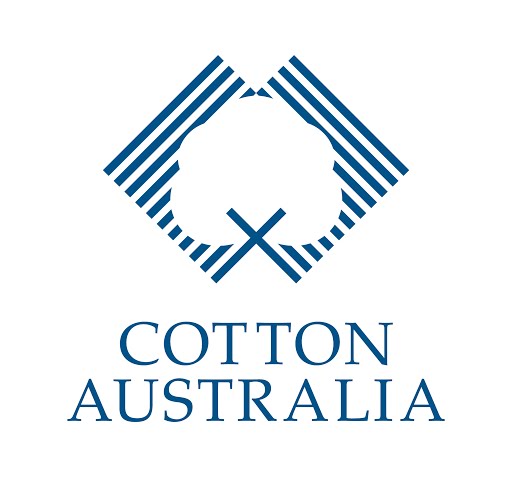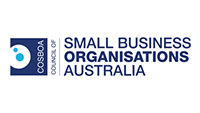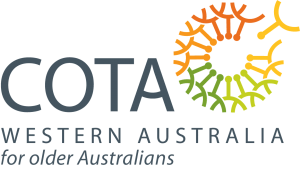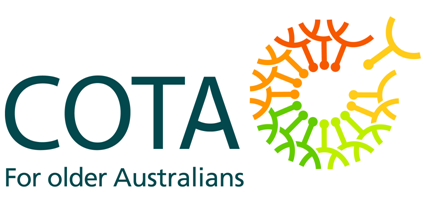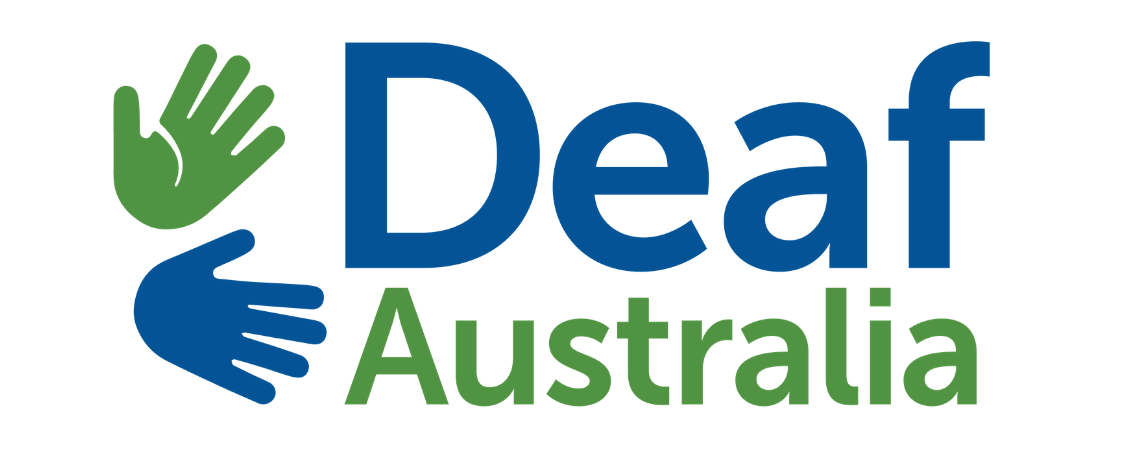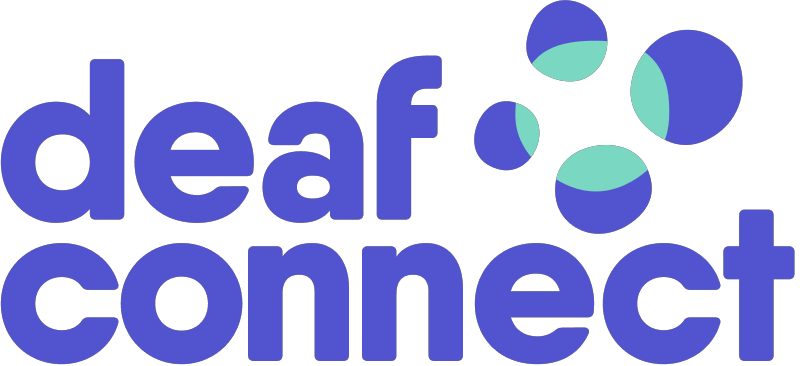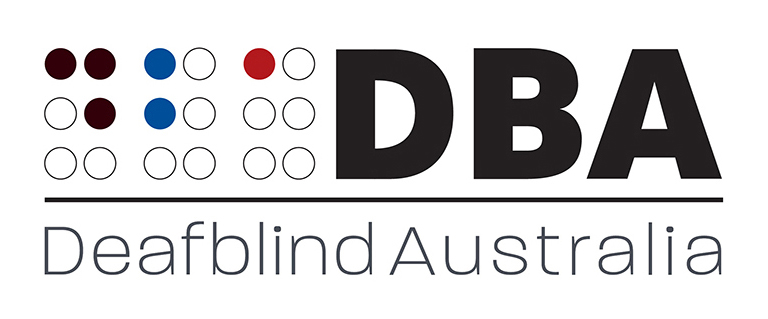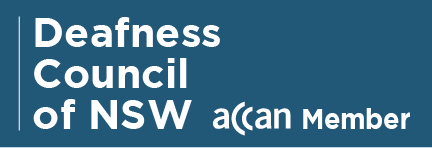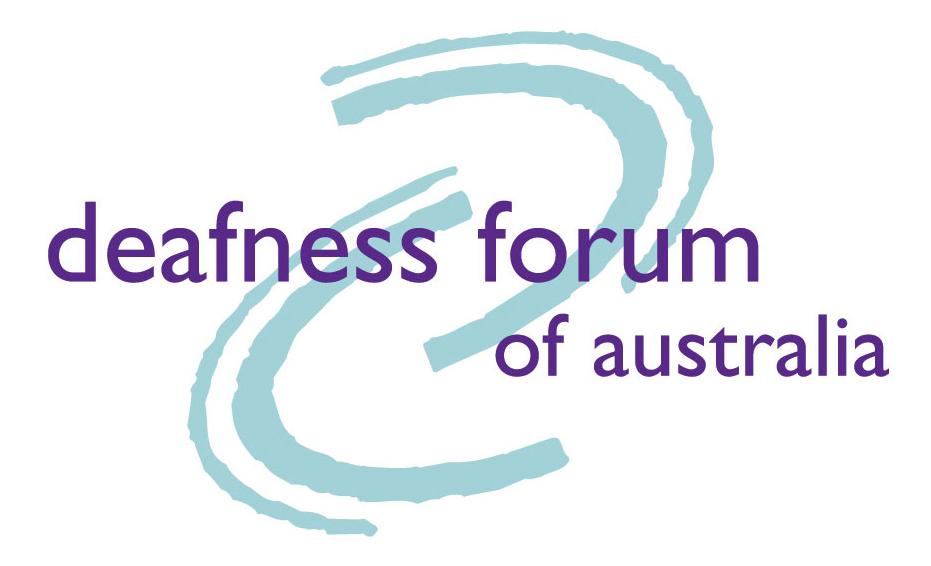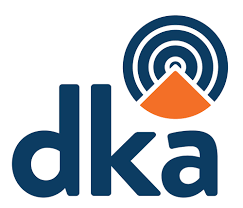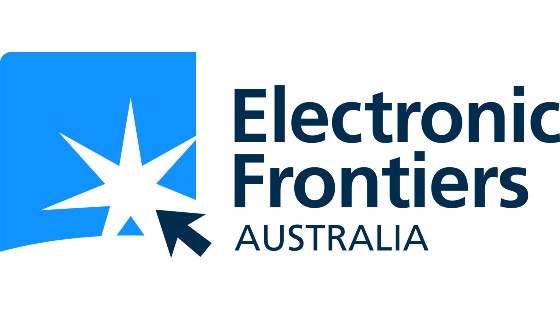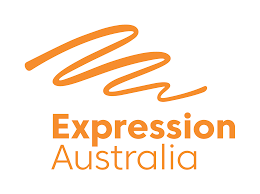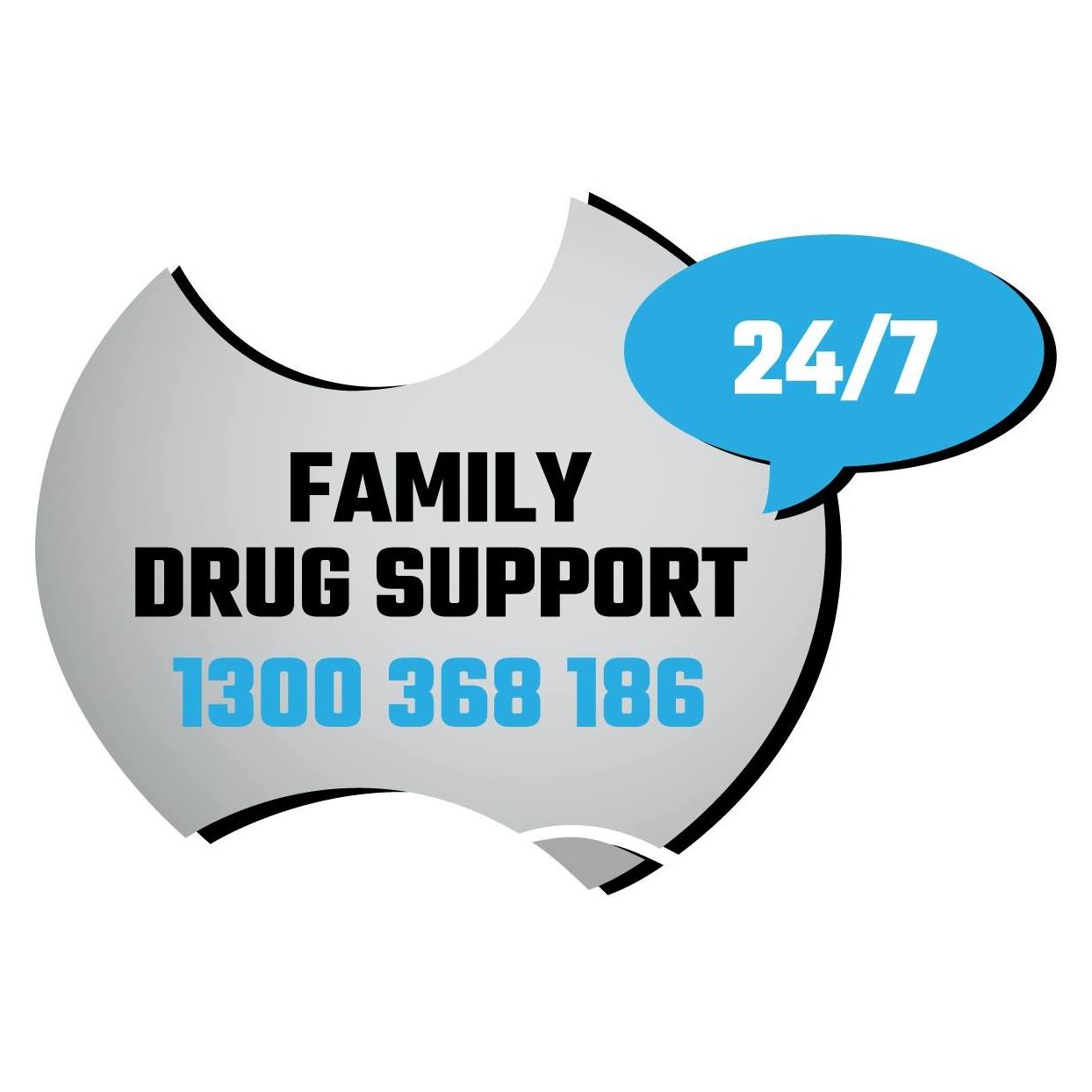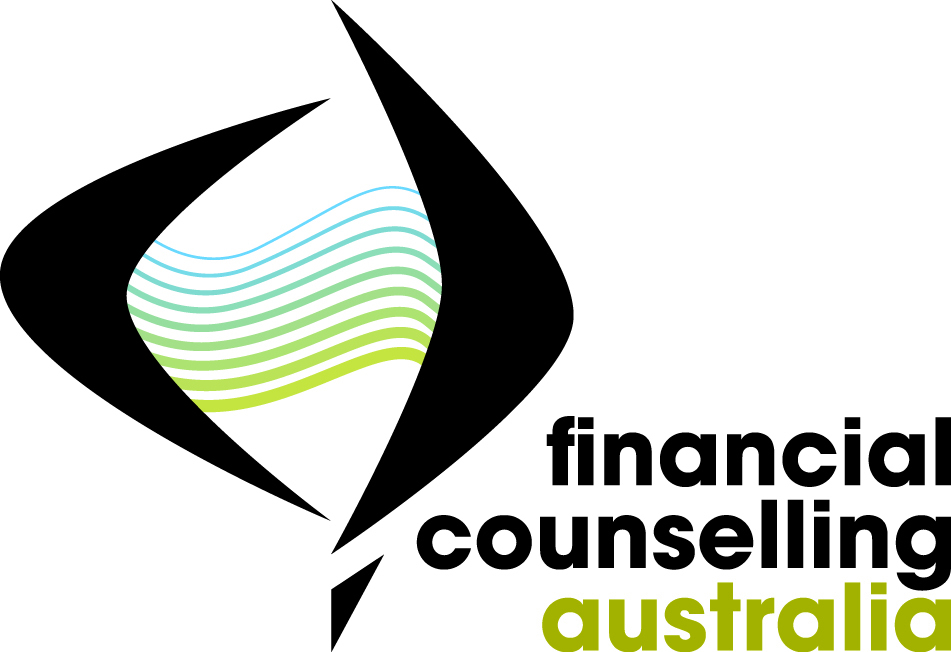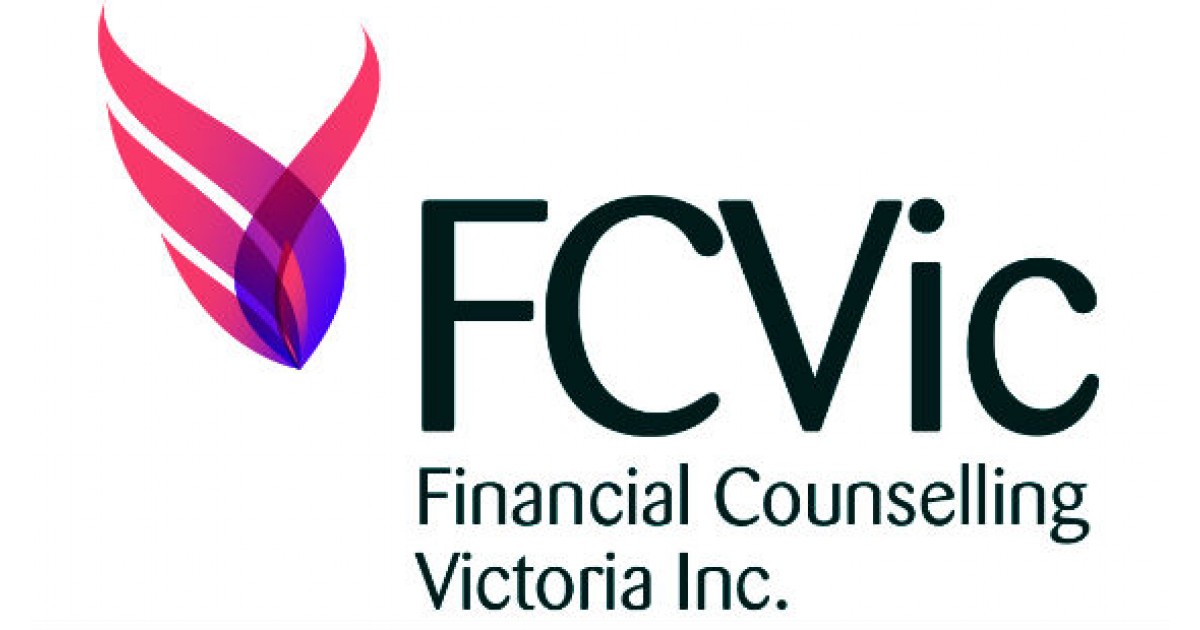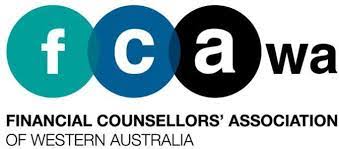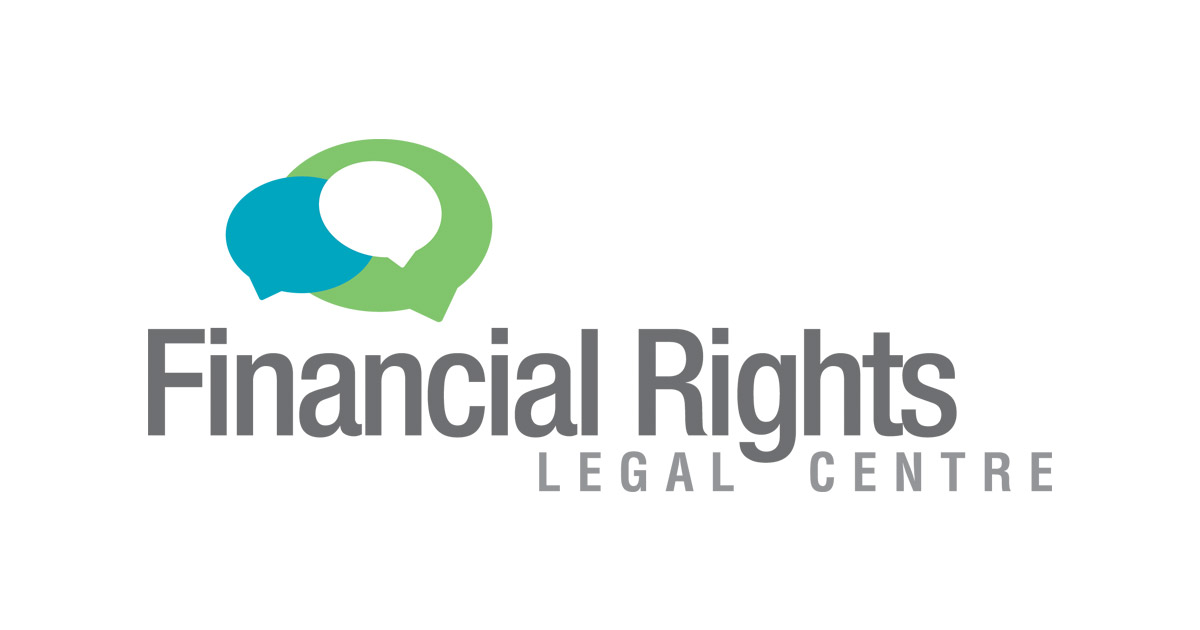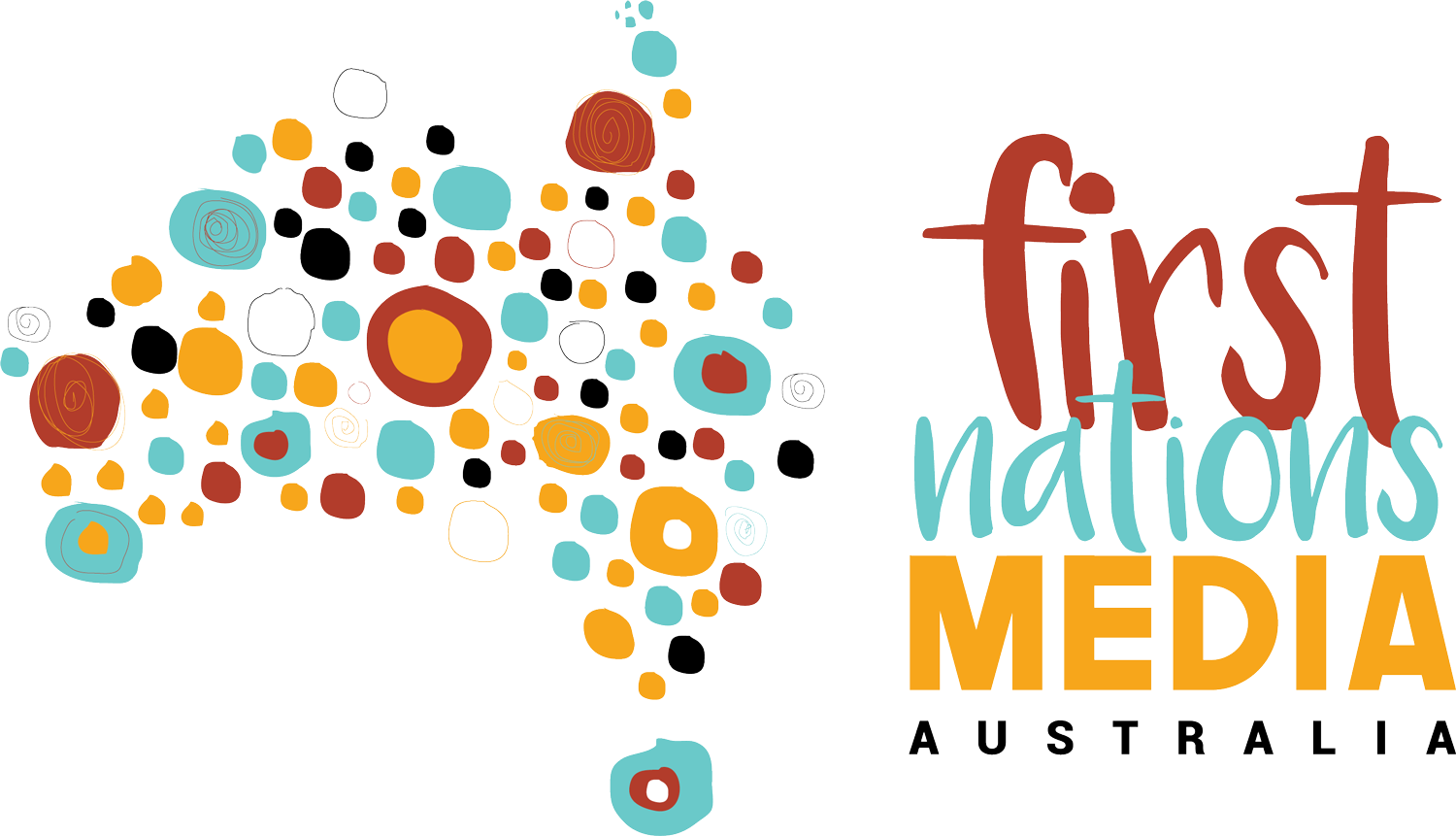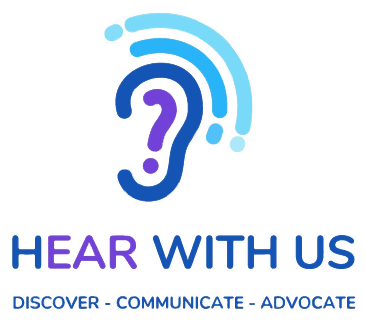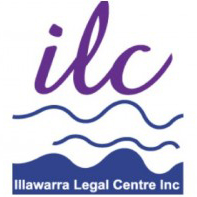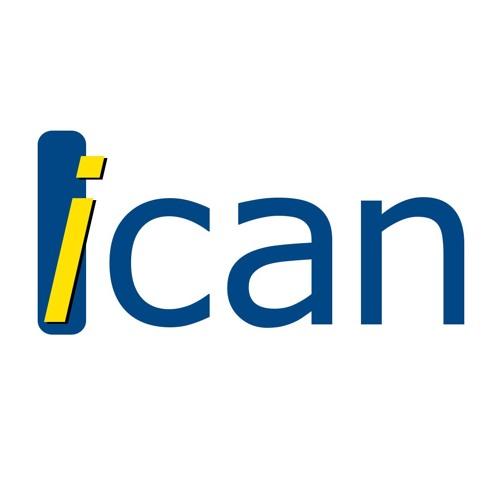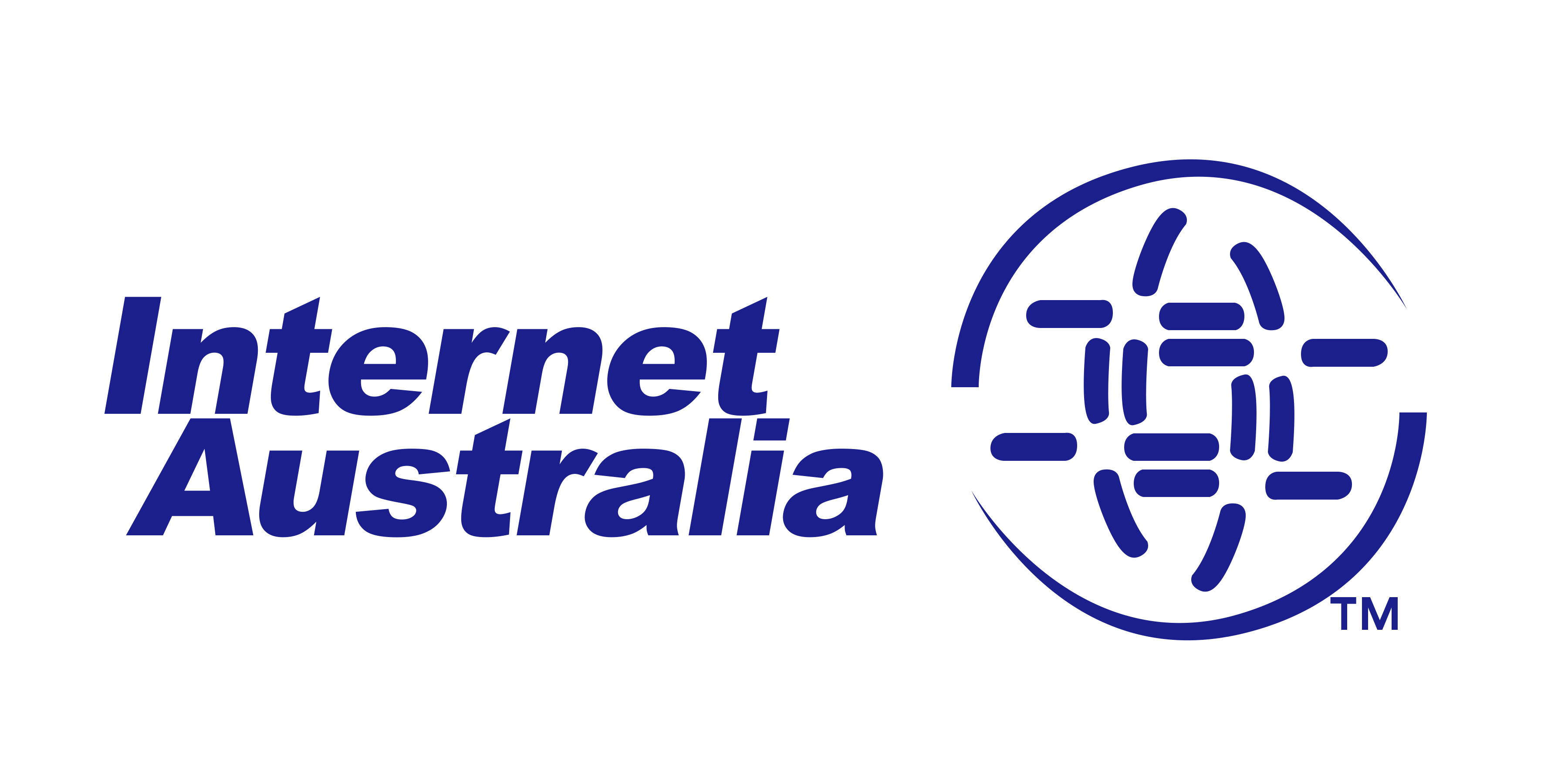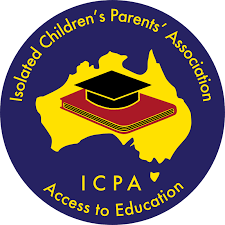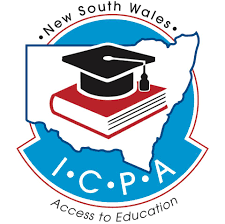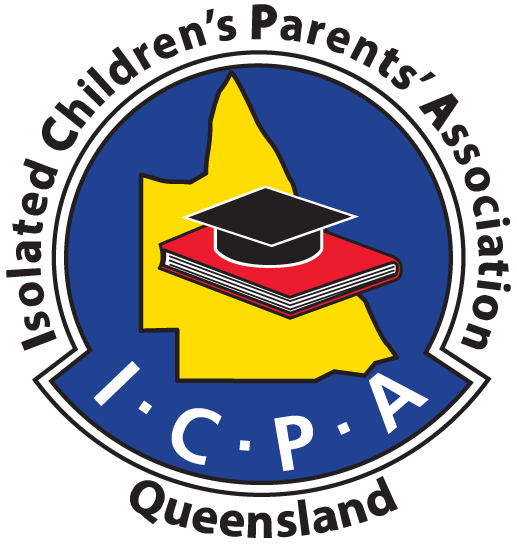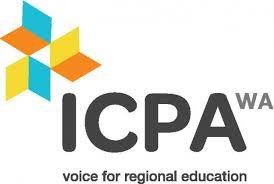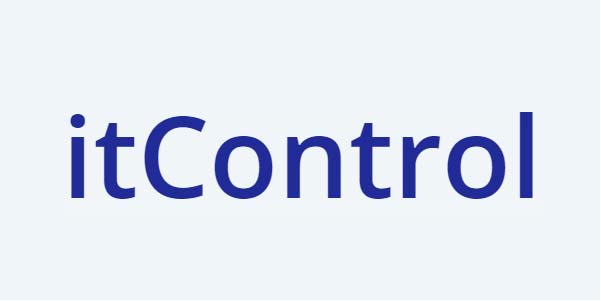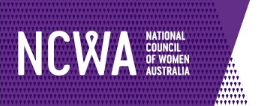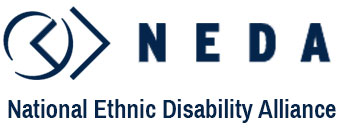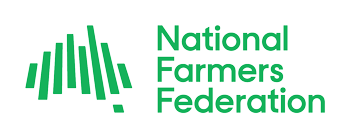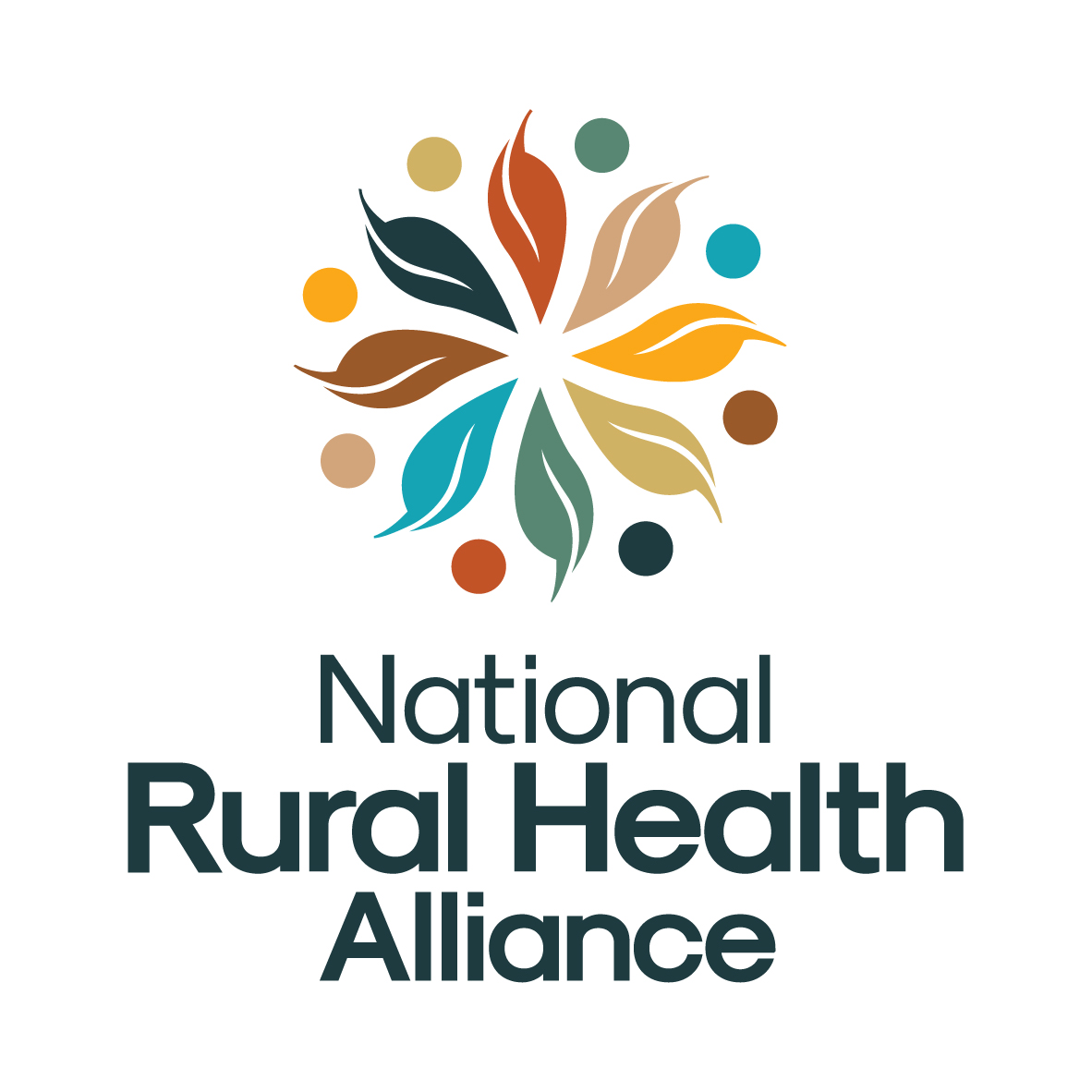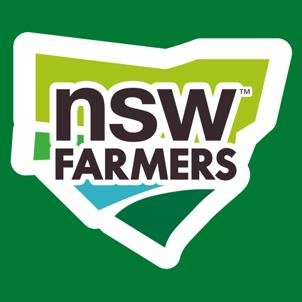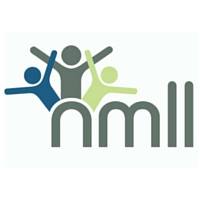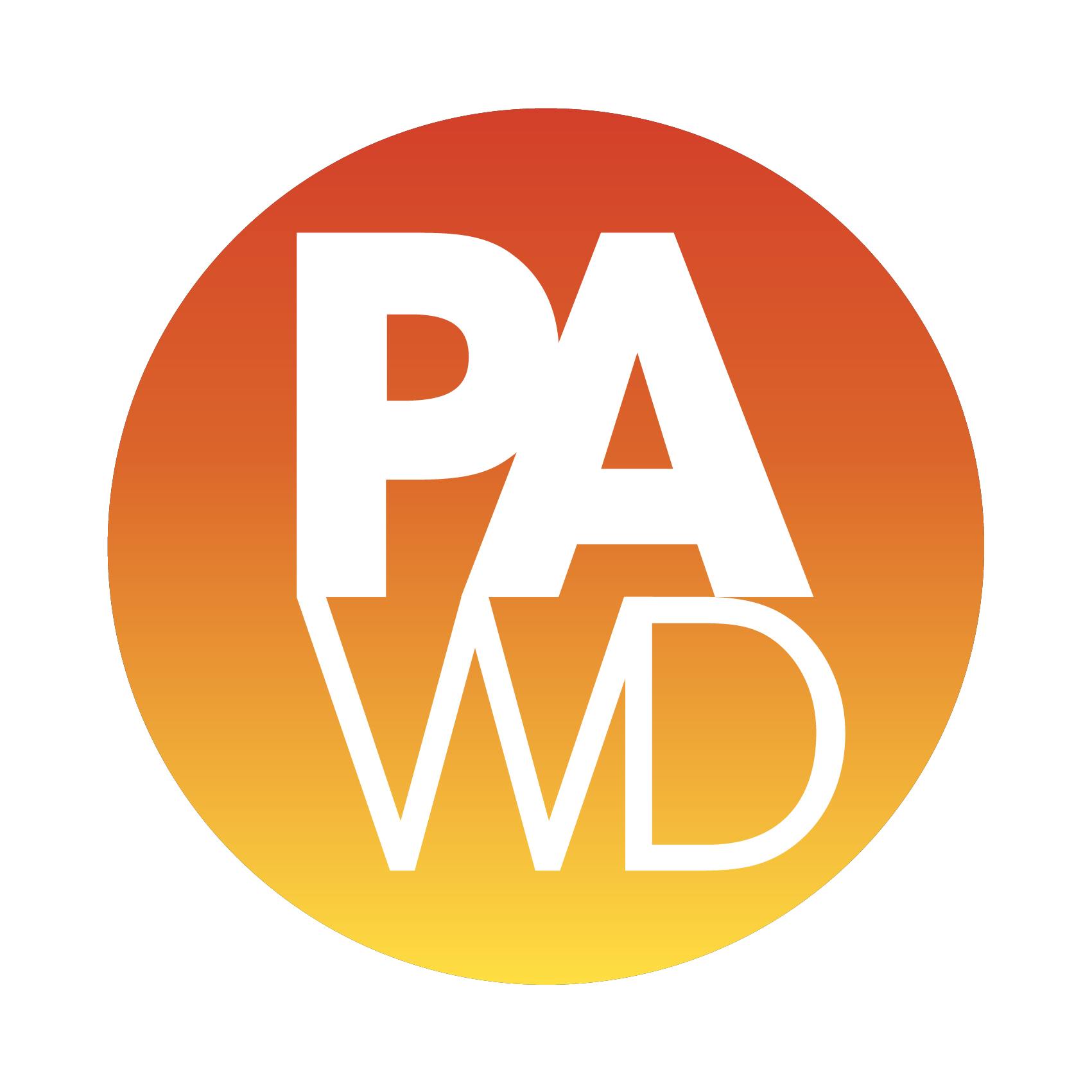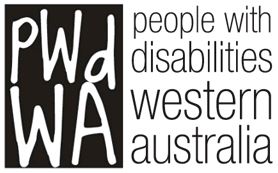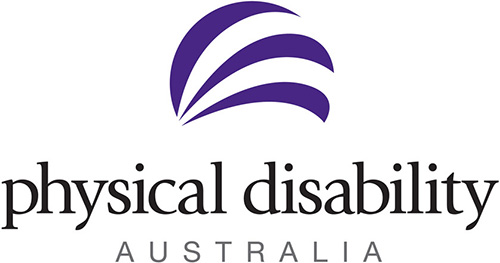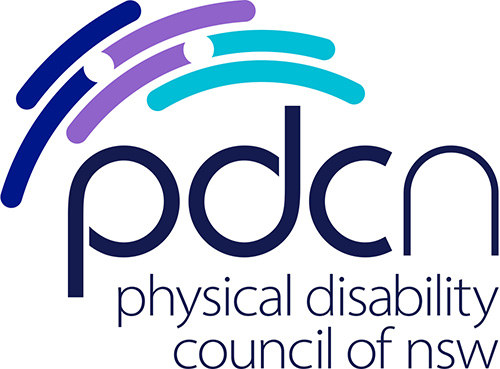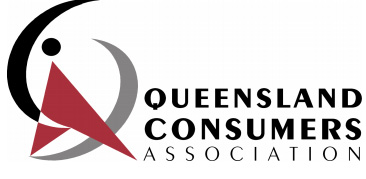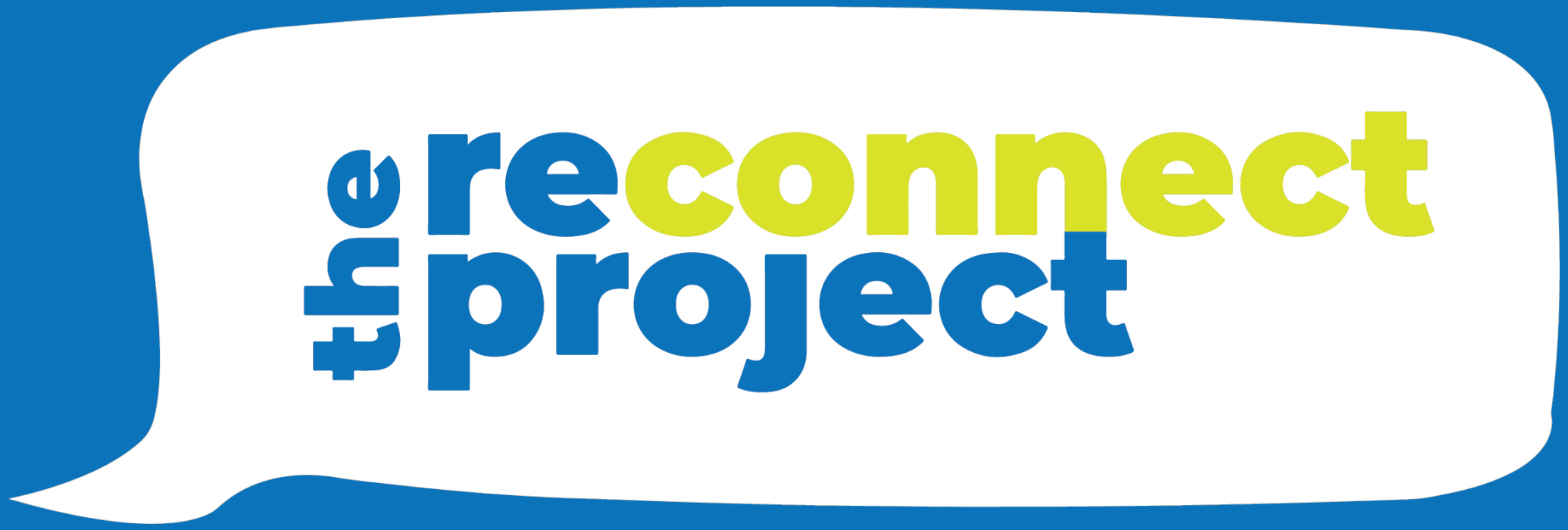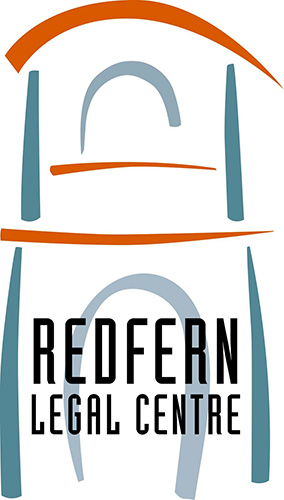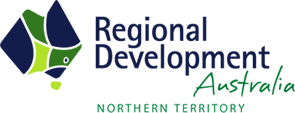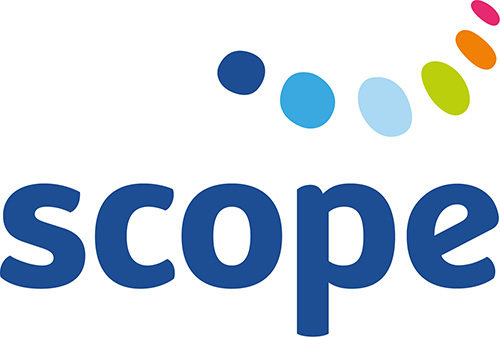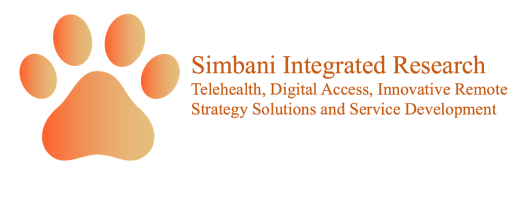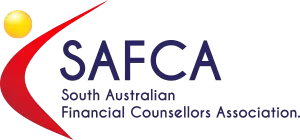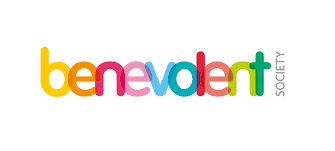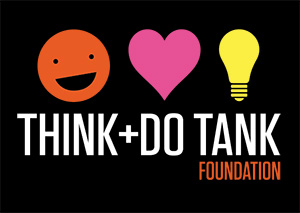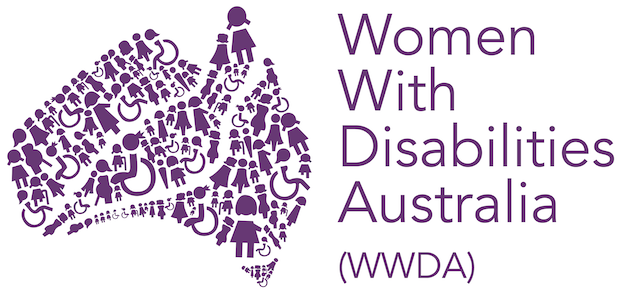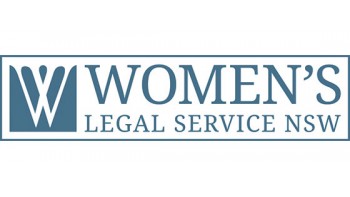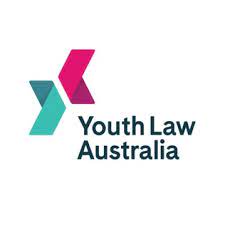- Details
ACCAN’s Indigenous Steering Committee has provided a response to the National Indigenous Australian Agency’s consultation on the development of an Indigenous Digital Inclusion Plan (the Plan). The Plan is intended to focus on access, affordability and digital ability as the three key elements of digital inclusion. It will also consider what data is needed to measure improvements in First Nations digital inclusion.
ACCAN’s Indigenous Steering Committee has recently been formed to guide ACCAN’s work to close the digital divide for First Nations peoples. Dr Heron Loban of Griffith University chairs the Committee, which is comprised of First Nations peoples with expertise and interest in telecommunications issues.
- Details
The Australian Communications Consumer Action Network (ACCAN) Indigenous Steering Committee has called for investments in First Nations co-designed local solutions and dedicated funding for more digital skills training in a submission to the National Indigenous Australians Agency (NIAA)’s Indigenous Digital Inclusion Plan Discussion Paper.
Established after ACCAN’s 2021 Indigenous Advisory Forum, the Indigenous Steering Committee guides ACCAN’s work so that it is genuinely representative of the interests of First Nations peoples.
Read more: Indigenous Digital Inclusion Efforts Must Be First Nations Led and Adequately Funded
- Details
New research from the Australian Communications Consumer Action Network (ACCAN) has revealed that almost three in four Australians agree that it needs to be easier to make a complaint and to get their issues resolved when dealing with digital platforms such as Facebook, WhatsApp, eBay, and Service NSW.
A nationally representative survey of 1,000 Australians conducted by the peak body for communications consumers using Ipsos’ Digital Omnibus online survey found that 74% of respondents think that it needs to be easier for people to make a complaint, and 78% think that it needs to be easier for people to get their issues resolved on digital platforms. Digital platforms were defined as websites and apps such as social media, Government online services, job search sites, dating apps, messaging apps and online marketplaces. ACCAN’s polling also shows that 60% of Australians feel there’s not much they can do when something goes wrong online.
- Details
New research from the Australian Communications Consumer Action Network (ACCAN) has revealed that almost three in four Australians agree that it needs to be easier to make a complaint and to get their issues resolved when dealing with digital platforms such as Facebook, WhatsApp, eBay, and Service NSW.
A nationally representative survey of 1,000 Australians conducted by the peak body for communications consumers using Ipsos’ Digital Omnibus online survey found that 74% of respondents think that it needs to be easier for people to make a complaint, and 78% think that it needs to be easier for people to get their issues resolved on digital platforms. Digital platforms were defined as websites and apps such as social media, Government online services, job search sites, dating apps, messaging apps and online marketplaces. ACCAN’s polling also shows that 60% of Australians feel there’s not much they can do when something goes wrong online.
Read more: Digital Platforms and the Consumer Experience in Australia
- Details
ACCAN recently made a submission to the eSafety consultation on the Draft Restricted Access System Declaration 2021. The Declaration updates the 2014 Declaration to align with the changes in the Online Safety Act 2021. ACCAN broadly supports the Draft Declaration. However, we did reiterate our concerns that aspects of the enforcement mechanisms are unlikely to result in the intended outcome of greater community protection.
Read more: eSafety Restricted Access System (RAS) Declaration
- Details
ACCAN recently made a submission to the Department of Infrastructure, Transport, Regional Development and Communications consultation on the Online Safety (Basic Online Safety Expectations) Determination 2021 exposure draft. The consultation provided an opportunity to comment on the government’s expectations on how online services should pro-actively act to protect Australians from online harm and abuse.
Read more: Online Safety Act (Basic Online Safety Expectations) Determination 2021
- Details
ACCAN recently made a submission to the eSafety Restricted Access System (RAS) consultation. The consultation sought feedback on how the new RAS can best balance both the policy objective of keeping children and young people safe online, while not placing unnecessary financial or administrative burden on industry.
Read more: eSafety Restricted Access System (RAS) Discussion Paper
- Details
The ACCC sought views on proposed amendments to the Audit of Telecommunications Infrastructure Assets – Record Keeping Rules. The record keeping rules require carriers and carriage service providers to keep records on the location of their infrastructure and provide this information to the ACCC. ACCAN is supportive of the amendments to these rules which ensure that the information collected is kept up to date with industry developments and assists the ACCC in its regulatory functions.
- Details

According to the eSafety Commissioner, 26% of kids and 75% of teens are using Facebook, and 24% of kids and 70% of teens are on Instagram. The stats are similar across various other social media sites and digital platforms, particularly as we’re seeing social media become the main form of communication for young people.
With more and more children using social media as their main form of communication, it’s important to consider what parents can do to keep them safe online.
Read more: Protecting your Child on Social Media
Write comment (0 Comments)- Details
The Australian Communications Consumer Action Network (ACCAN) has made a submission to the Department of Infrastructure, Transport, Regional Development and Communications in response to an issues paper regarding a new scheme for captioning on subscription (pay) television.
In our submission, ACCAN supported the proposal to simplify the current Pay-tv rules which are overly complicated and do not provide any clarity about which programs will be captioned.
ACCAN strongly supports the current legislated mandate that subscription television providers caption 100 per cent of their programming by 1 July 2033., As such, we did not support the proposed averaging of caption targets nor the proposed freezing of annual captioning increases.



